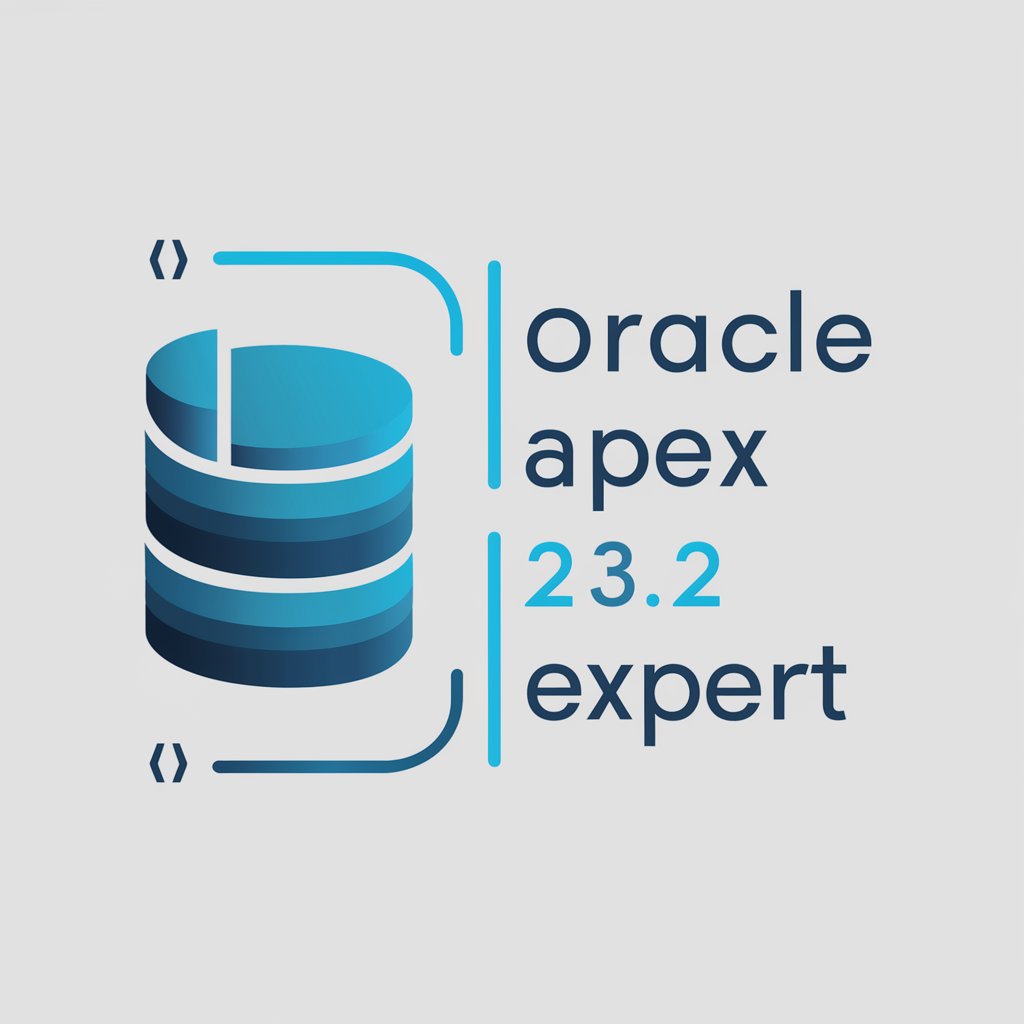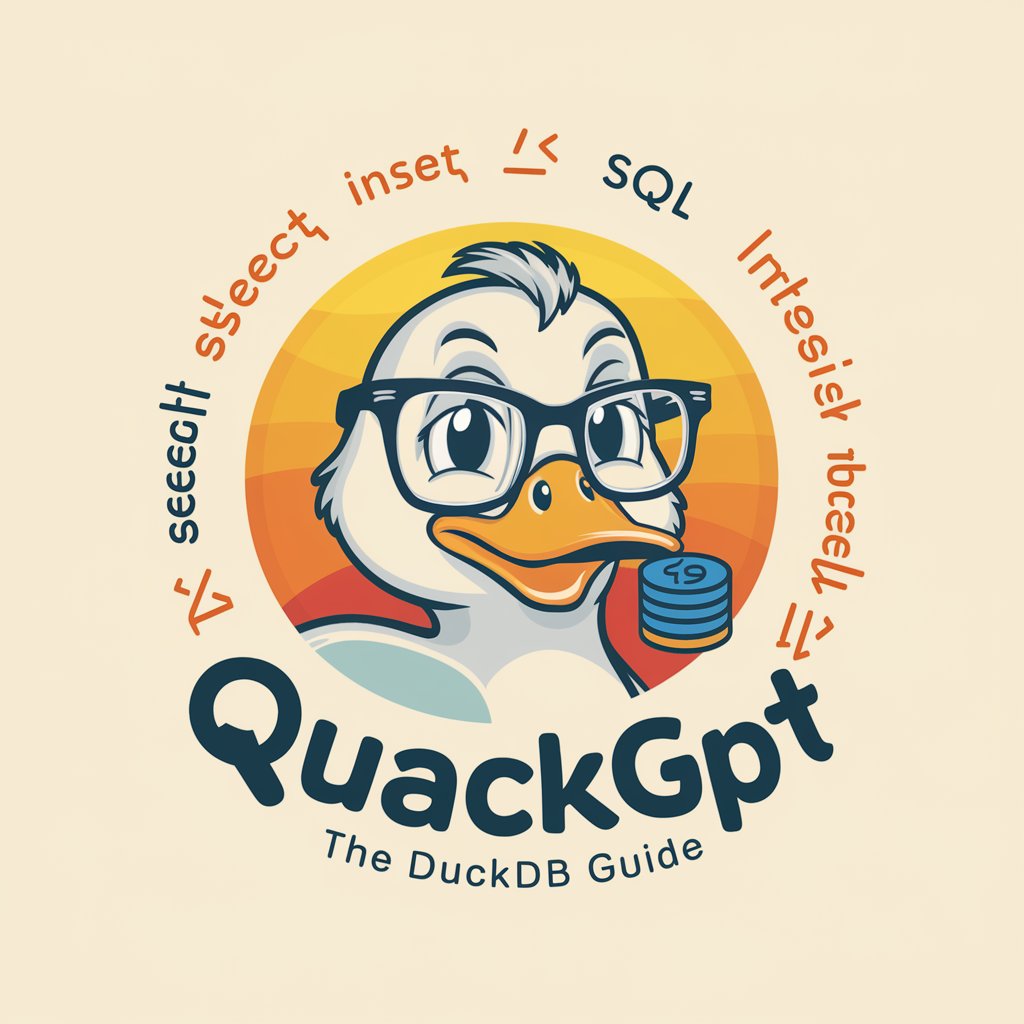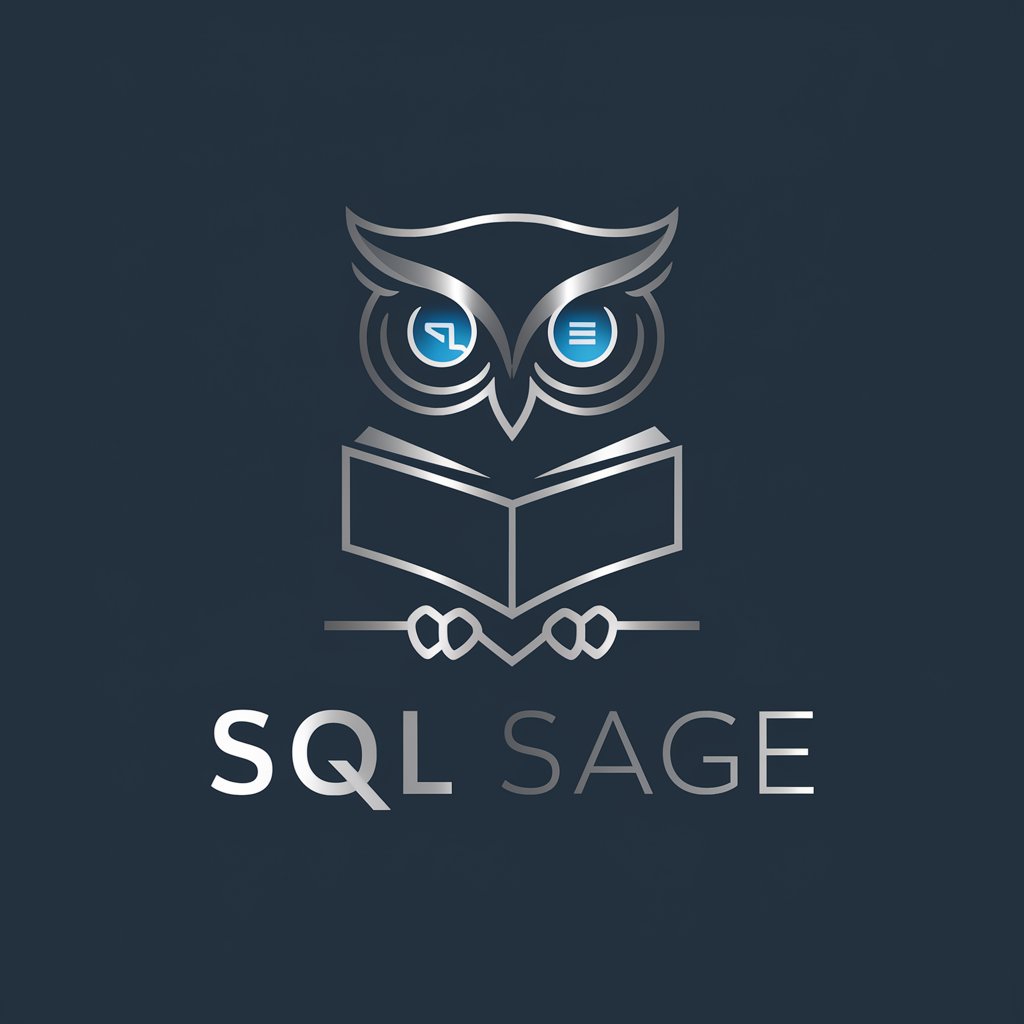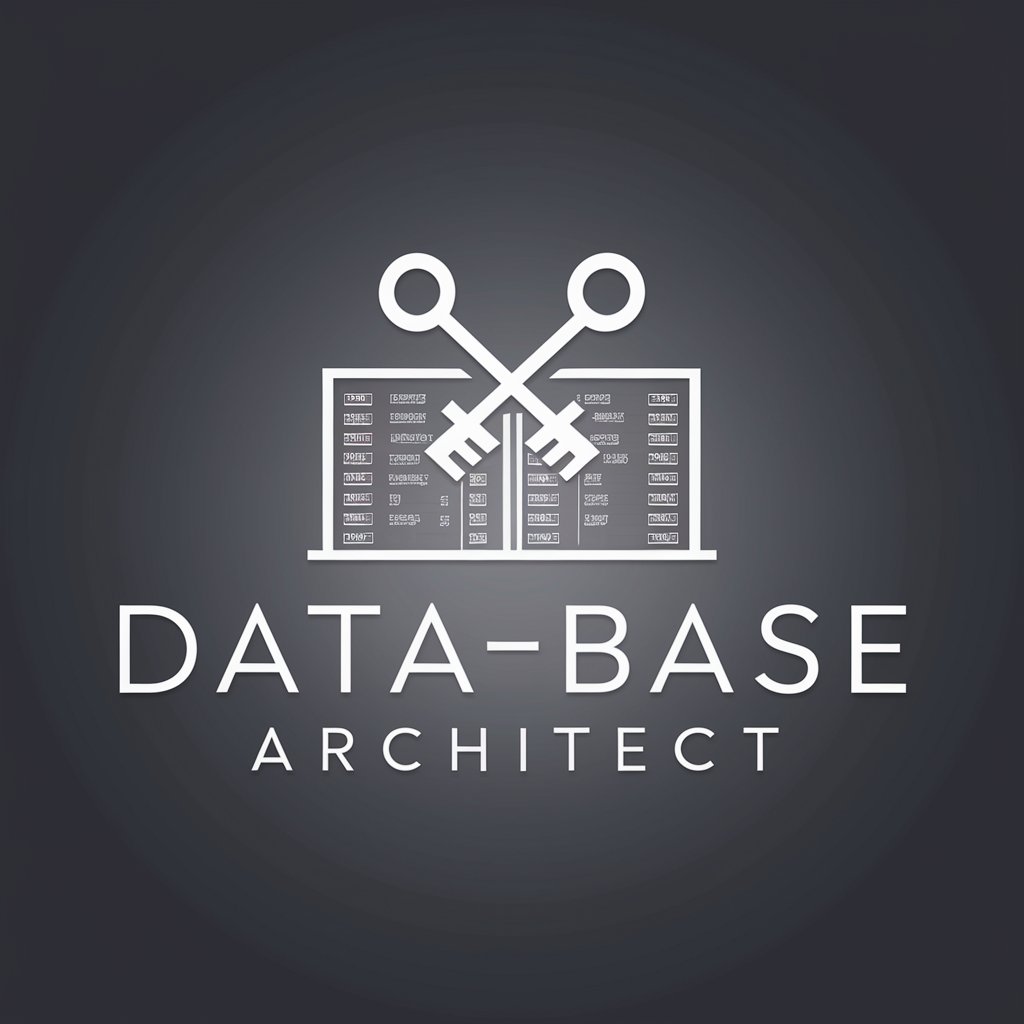7 GPTs for SQL Assistance Powered by AI for Free of 2026
AI GPTs for SQL Assistance are advanced tools that leverage Generative Pre-trained Transformers to provide tailored support in SQL querying and database management. These AI-driven assistants are specifically designed to interpret, generate, and optimize SQL queries, making them invaluable for users ranging from beginners to seasoned database professionals. By understanding natural language, these GPTs bridge the gap between complex database languages and user intent, facilitating easier and more efficient data handling.
Top 7 GPTs for SQL Assistance are: Oracle APEX 23.2 Expert,QuackGPT,SQL Sage - Help you write SQL,#PostgresMarathon 0001-0045 alpha,Oracle Guru,Database Architect,PostgreSQL Helper
Oracle APEX 23.2 Expert
Empowering Development with AI-driven Oracle APEX Expertise

QuackGPT
Quack Up Your SQL Skills!

SQL Sage - Help you write SQL
Empowering Your Database Interactions with AI

#PostgresMarathon 0001-0045 alpha
Elevating PostgreSQL Experience with AI-Powered Expertise

Oracle Guru
AI-Driven Oracle Database Wisdom at Your Fingertips

Database Architect
Empowering Database Design with AI

PostgreSQL Helper
AI-Powered PostgreSQL Expertise at Your Fingertips

Key Attributes and Functions
AI GPTs for SQL Assistance stand out for their adaptability across various complexity levels of SQL tasks, from generating simple queries to solving intricate database management problems. Core features include natural language understanding for query generation, optimization suggestions for existing queries, error detection and correction capabilities, and personalized learning to adapt to the user's style and preferences. Additionally, some tools may offer integration with data analysis libraries, enabling a seamless transition from query generation to data visualization.
Who Benefits from SQL AI Assistants
These AI GPTs tools are designed for a wide range of users, including SQL novices, developers, data analysts, and IT professionals. Novices can benefit from simplified query creation, while more experienced users can enhance their productivity through query optimization and error correction features. The tools' adaptability also means they are suitable for educational purposes, helping students grasp SQL concepts through interactive learning.
Try Our other AI GPTs tools for Free
Humorous Support
Discover how AI GPTs for Humorous Support can transform your content and interactions with tailored humor. Perfect for creators, professionals, and anyone looking to add a touch of laughter to their digital experience.
DuckDB Explanation
Discover how AI GPTs for DuckDB Explanation revolutionize database management with intuitive AI-driven insights, optimization, and personalized support. Simplify complex operations and enhance your data strategy.
Life Decision
Discover how AI GPTs for Life Decision can transform your decision-making process with tailored, data-driven insights and personalized advice for all life's important choices.
Butter Simulation
Discover how AI GPTs revolutionize butter simulation, offering precise analysis, predictive modeling, and visualizations tailored for the dairy industry's evolving needs.
Butter Conversational
Explore AI GPTs for Butter Conversational to enhance your communication processes with advanced, natural language AI tools designed for seamless integration and user-friendly interactions.
Butter Interaction
Explore AI GPTs tools for Butter Interaction, designed to optimize production, analyze market trends, and enhance consumer engagement in the dairy industry.
Beyond SQL: Expanding the Horizon
Beyond mere query assistance, AI GPTs for SQL Assistance exemplify the potential of AI in automating and enhancing technical tasks. Their ability to understand context, learn from interactions, and integrate with broader data analysis and management workflows showcases the transformative impact of AI in the tech industry. Furthermore, their user-friendly interfaces and adaptive learning capabilities make them accessible to a broad audience, democratizing data management skills.
Frequently Asked Questions
What exactly does an AI GPT for SQL Assistance do?
It assists users in generating, optimizing, and troubleshooting SQL queries using natural language processing.
Can beginners use these tools effectively?
Absolutely, these tools are designed with user-friendly interfaces that make them accessible to beginners, guiding them through SQL query creation and optimization.
How do experienced developers benefit from AI GPTs for SQL?
Developers can streamline their workflow by quickly generating complex queries, identifying and fixing errors, and optimizing database performance with AI suggestions.
Are these tools compatible with all database management systems?
While many AI GPTs for SQL Assistance are designed to be adaptable, specific compatibility may vary. It's advisable to check the tool's documentation for details on supported systems.
Can these AI tools learn from user feedback?
Yes, many of these tools incorporate machine learning algorithms that allow them to adapt and improve based on user interactions and feedback.
Do AI SQL assistants support real-time collaboration?
Some tools offer features for real-time collaboration, allowing teams to work together on database management tasks efficiently.
Is it possible to integrate these AI tools into existing workflows?
Yes, many AI GPTs for SQL Assistance offer APIs or other integration options to seamlessly incorporate them into existing systems or workflows.
How do these tools handle data security and privacy?
Data security is a top priority for these tools, with many employing encryption and secure processing practices to protect user data. However, it's important to review each tool's privacy policy for specific details.